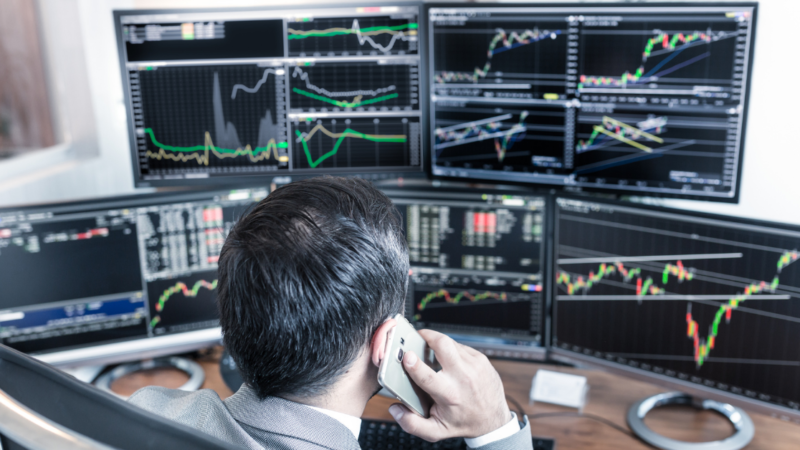Beyond Borders: The Impact of Political Events on Currency Valuations

In the intricate web of global finance, currency valuations act as a barometer for a country’s economic health and geopolitical stability. As traders engage in forex trading, they navigate a landscape where political events can cause ripples across borders, influencing currency values in profound ways. This blog delves into the nuanced relationship between political happenings and currency markets, exploring how events from elections to trade agreements and conflicts can shape trading strategies.
Forex trading, by its nature, is sensitive to shifts in political climates. Political stability is akin to a lighthouse for traders, offering a beacon of predictability in otherwise turbulent waters. Conversely, political turmoil can obscure that light, introducing volatility that can either spell risk or opportunity for traders. Understanding the interplay between political events and currency valuations is essential for anyone looking to navigate the forex markets successfully.
Elections are among the most significant political events that can impact forex trading. As nations head to the polls, the promise of change — be it in leadership, policies, or economic direction — can lead to uncertainty among investors. Depending on the perceived economic implications of an election’s outcome, currencies can either strengthen or weaken. For instance, a candidate favoring business-friendly policies and international trade might boost investor confidence, strengthening the country’s currency. Conversely, the election of a leader with protectionist tendencies could foster uncertainty, causing the currency to depreciate.
Trade agreements and disputes also play a crucial role in shaping currency valuations. In an era of globalization, the economic fortunes of nations are often intertwined, with trade serving as a critical artery for economic vitality. The announcement of a new trade agreement can be a boon for involved currencies, signaling increased economic cooperation and growth prospects. On the flip side, trade disputes and tariffs can have a chilling effect, dampening trade activities and exerting downward pressure on the currencies of the nations involved.
Geopolitical conflicts and tensions represent another political factor with the potential to impact trading significantly. Conflicts can disrupt economic activities, lead to sanctions, and diminish investor confidence, often resulting in currency devaluation. Conversely, the resolution of such conflicts can have the opposite effect, restoring confidence and bolstering currency strength. Forex traders must keep a close eye on geopolitical developments, as these can lead to rapid shifts in currency valuations, requiring swift adjustments to trading strategies.
Navigating the impact of political events on trading demands a multifaceted approach. Staying informed is paramount; traders need to closely monitor news and developments that could signal shifts in political landscapes. This requires not just a focus on domestic news but also an awareness of global events, as the interconnected nature of the world economy means that events in one region can have far-reaching implications.
Incorporating fundamental analysis into trading strategies is also crucial. This involves analyzing economic indicators, government policies, and political events to gauge their potential impact on currency values. By understanding the broader economic and political context, traders can make more informed decisions, anticipating market movements rather than merely reacting to them.
Moreover, risk management becomes even more critical in times of political uncertainty. Strategies such as diversifying currency pairs, setting stop-loss orders, and managing leverage carefully can help mitigate the risks posed by volatility. The goal is to protect against potential losses while positioning oneself to take advantage of opportunities that political events may present.
Political events play a significant role in shaping currency valuations, with the potential to influence forex trading strategies profoundly. By understanding the dynamics at play, staying informed about global developments, and employing sound risk management practices, traders can navigate the complexities of the forex market more effectively. As the world continues to evolve, with political landscapes shifting and new challenges emerging, the ability to adapt and respond to these changes will remain a critical skill for successful trading. Beyond borders, political events will continue to be a pivotal factor in the valuation of currencies, underscoring the importance of a strategic, informed approach to trading.






